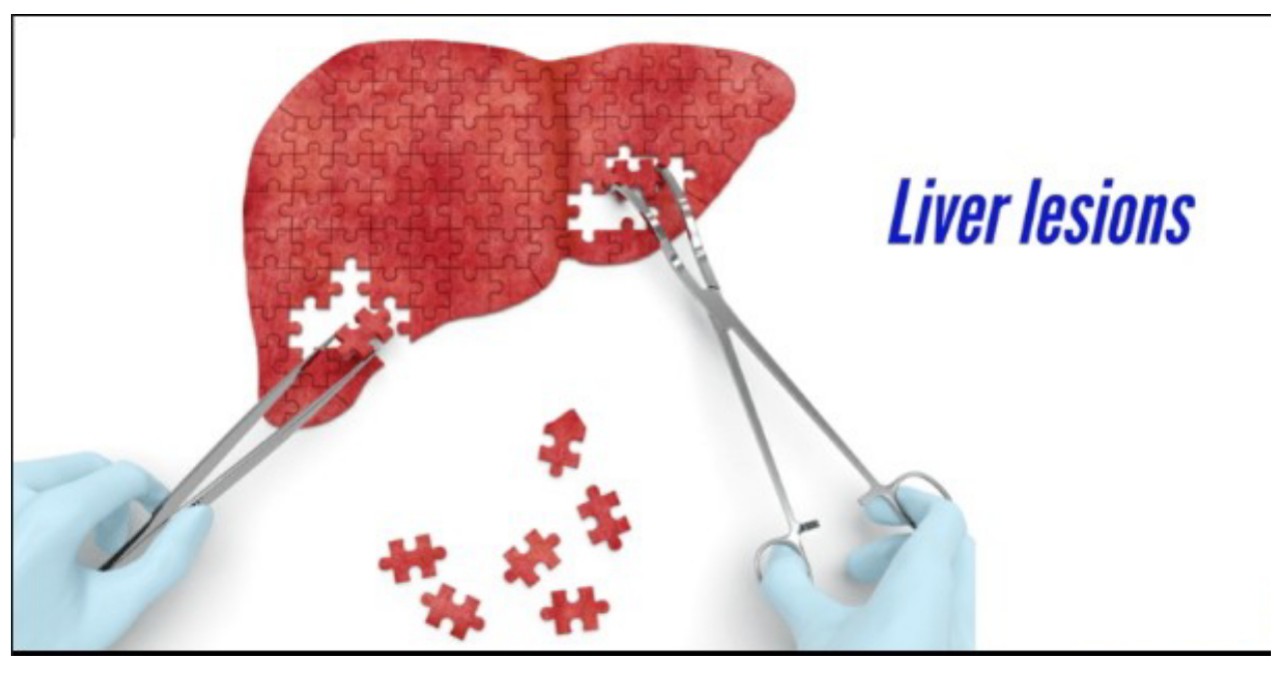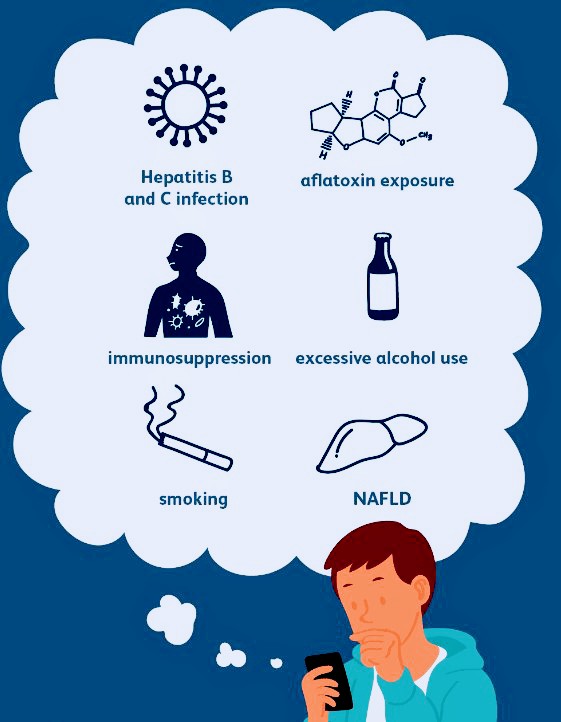What is liver lesions?
Liver lesions are abnormal growths on the liver that can be non-cancerous, also called benign, or cancerous, also called malignant. Although the majority of liver lesions are benign and typically harmless, those that are malignant or cancerous can be life-threatening.
So it is important to know the types, causes, symptoms, diagnosis, treatment, and prevention of liver lesions in order to monitor them and take the necessary steps for management.
Types of liver Lesions
Like what we said about liver lesions, can be benign or malignant and can vary in size from a few millimetres to several centimeters.
1.Benign liver lesions are typically non-cancerous cell growths, and you may have them without having any symptoms. They include hemonjomas, which are aggregations of blood vessels that cause a tumour on the liver.
2.Another type of benign lesion is focal nodular hyperplasia, which can be caused by artery malformations, and finally we have cysts, which are fluid-filled sacs on the liver.
3. On the other hand, malignant liver lesions are usually cancerous and can include hepatocellular carcinoma, which is the most common type of liver cancer and is a self-threatening condition.
We also have calangiocarcinoma, which is cancer in your ducts that connect the liver to your bladder. Finally, we have angiosarcoma, which is a rare type of cancer in the cells lining your liver's blood vessels.
Causes of Liver Lesions
There are a variety of causes of liver lesions, including viral infections, alcoholism, certain medications, metabolic disorders, and cancer. Viral infections such as hepatitis C, E, and B can cause liver lesions.
Long-term alcohol use can lead to cirrhosis and liver lesions. Some medications can cause liver lesions, including certain birth control pills, antibiotics, and statins.
Metabolic disorders such as fatty liver disease can also lead to liver lesions. symptoms of liver lesions In many cases, benign liver lesions do not cause any symptoms, which is why it is important to get regular screenings to detect any changes in the liver.
But if the liver lesions are cancerous and they get big and do cause symptoms, they can include abdominal pain, weight loss, jaundice, and fatigue.
Diagnosis of Liver Lesions
If a liver lesion is suspected, a doctor will typically order imaging tests to detect any changes in the liver. These tests can include an abdominal ultrasound, a computed tomography (CT) scan, or an MRI.
A biopsy may also be done to determine whether the liver lesion is benign or malignant.
Treatment for Liver Lesions
The treatment for liver lesions depends on the underlying cause. If the lesion is caused by a benign condition, then it will typically not require any treatment. If it grows too large, it may be surgically removed. However, if the liver lesion is caused by cancer, then more aggressive treatment may be needed. Treatment may include surgery to remove the lesion as well as chemotherapy, radiation, or immunotherapy.
Prevention of Liver Lesions:
The best way to prevent liver lesions is to address the underlying causes. Limiting smoking and alcohol consumption and avoiding medications known to cause liver lesions can help reduce your risk of developing these growths. Also, chronic hepatitis B and C are the most common causes of liver cancer in the world, so getting the vaccine for hepatitis B can also help reduce the risk of developing liver lesions caused by these viruses. You should also try to maintain a healthy weight and avoid using anabolic steroids.



Comments
Post a Comment